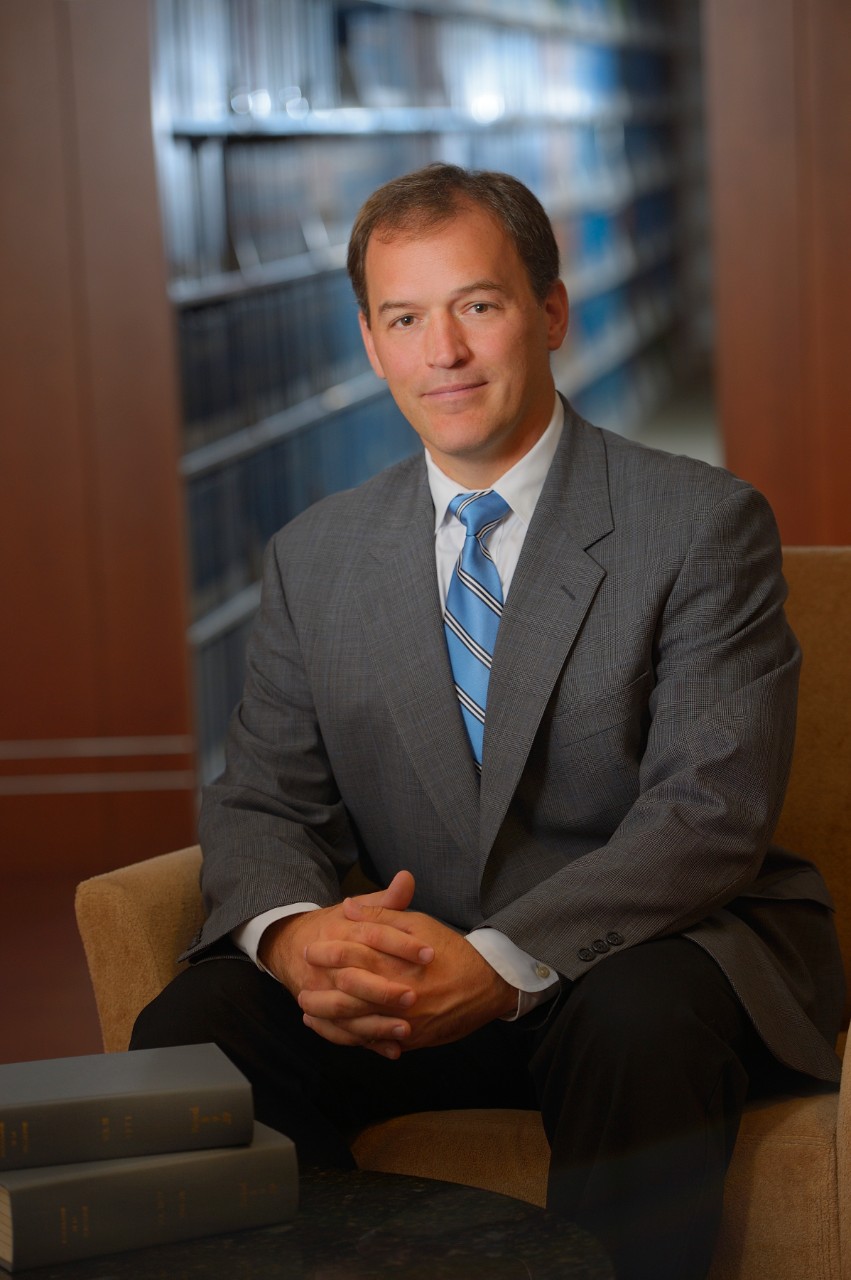Professor Brett Frischmann Receives National Science Foundation Grant for Governing Knowledge Commons Research Coordination Network

VILLANOVA, Pa.—Brett Frischmann, the Charles Widger Endowed University Professor in Law, Business and Economics at Villanova University Charles Widger School of Law, along with co-principal investigators (PIs) from University of Pittsburgh School of Law and New York University School of Law, have been awarded a three-year, $350,000 grant from the National Science Foundation (NSF) to develop the Governing Knowledge Commons research coordination network (GKC RCN).
In an increasingly interconnected world, internet users are coming together to share and manage information, data and content in forums known as knowledge commons. As the number of users and information in the commons grows, the need for a governing framework and privacy grows as well. Frischmann, along with co-PIs Katherine Strandburg, Alfred B. Engelberg Professor of Law at New York University School of Law, and Michael Madison, Professor of Law and John E. Murray Faculty Scholar at the University of Pittsburgh School of Law, will establish the GKC RCN. Utilizing the NSF grant, the GKC RCN will bring together investigators from law, the social and behavioral sciences, computer science and engineering to communicate, coordinate and integrate their research and educational activities across disciplinary and organizational boundaries.
“Brett is a leading and internationally known expert on the management of knowledge commons,” said Mark C. Alexander, The Arthur J. Kania Dean of the Villanova University Charles Widger School of Law. “I have no doubt that his work on this NSF grant will provide invaluable insight into the progression of this important area, and the overall pursuit of providing access to information for all.”
Questions about how different communities govern the creation and sharing of information, science, knowledge, data and other types of intellectual and cultural resources, are of great current interest. However, progress in understanding knowledge commons governance and developing best practices is impeded because researchers are isolated in disciplinary silos, interacting primarily through loosely connected academic networks. The GKC RCN aims to accelerate progress by supporting boundary-spanning and coordination of research on knowledge commons governance using the GKC framework and complementary empirical and theoretical approaches.
“This project will create a strong community of scholars that will produce socially useful research for communities struggling to govern shared knowledge,” remarked Frischmann. “It will allow participation in research by members of underrepresented groups and the results will be made available to the general public to improve scientific literacy.”
The NSF grant will support five primary activities: a series of interdisciplinary conferences in several areas, followed by a convergence conference; publications from each conference for inclusion in the Cambridge Series on Governing Knowledge Commons; a series of workshops at various disciplinary conferences to expand the reach of the network; maintaining a set of shared online resources to support knowledge commons governance research; and building relationships with funders and policy-oriented organizations.
About Villanova University Charles Widger School of Law: Founded in 1953, Villanova University School of Law provides broad-based legal education that is grounded in academic rigor, practical hands-on training and a foundation in business that prepares graduates for diverse and rewarding legal careers. The Law School, which is accredited by the American Bar Association, offers seven in-house clinics and more than 150 externship opportunities that immerse students in the real-world application of their legal skills. Villanova is home to three Centers of Excellence—the David F. and Constance B. Girard-diCarlo Center for Ethics, Integrity and Compliance; the John F. Scarpa Center for Law and Entrepreneurship; and the Jeffrey S. Moorad Center for the Study of Sports Law—which provide students the opportunity to pursue innovative, interdisciplinary legal fields through study, practical experience and mentorship.
About Villanova University: Since 1842, Villanova University’s Augustinian Catholic intellectual tradition has been the cornerstone of an academic community in which students learn to think critically, act compassionately and succeed while serving others. There are more than 10,000 undergraduate, graduate and law students in the University's six colleges – the College of Liberal Arts and Sciences, the Villanova School of Business, the College of Engineering, the College of Nursing, the College of Professional Studies and the Villanova University Charles Widger School of Law. As students grow intellectually, Villanova prepares them to become ethical leaders who create positive change everywhere life takes them. For more, visit www.villanova.edu.

